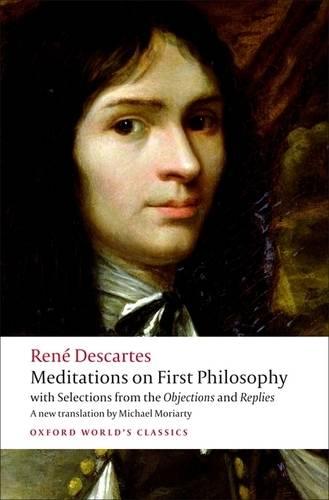The book feels out of step with modern times and relies heavily on religious arguments. The reviewer finds it challenging to connect with the text.
This review criticizes the book for being out of step with contemporary thought, particularly in its reliance on religious arguments to support its philosophical points. The reviewer finds it difficult to connect with the text, as the arguments feel outdated and not in line with current philosophical discussions. They express frustration with the book's approach, which they see as limiting its relevance and appeal to modern readers. Overall, the review is critical and highlights the challenges of engaging with Descartes' work in today's context.
Quick quotes
Basing one's entire existence on 'God' is in no way a meditative endeavor
This book feels utterly out of step with our time
Supporting one's arguments by referencing God is not a meditative endeavor
